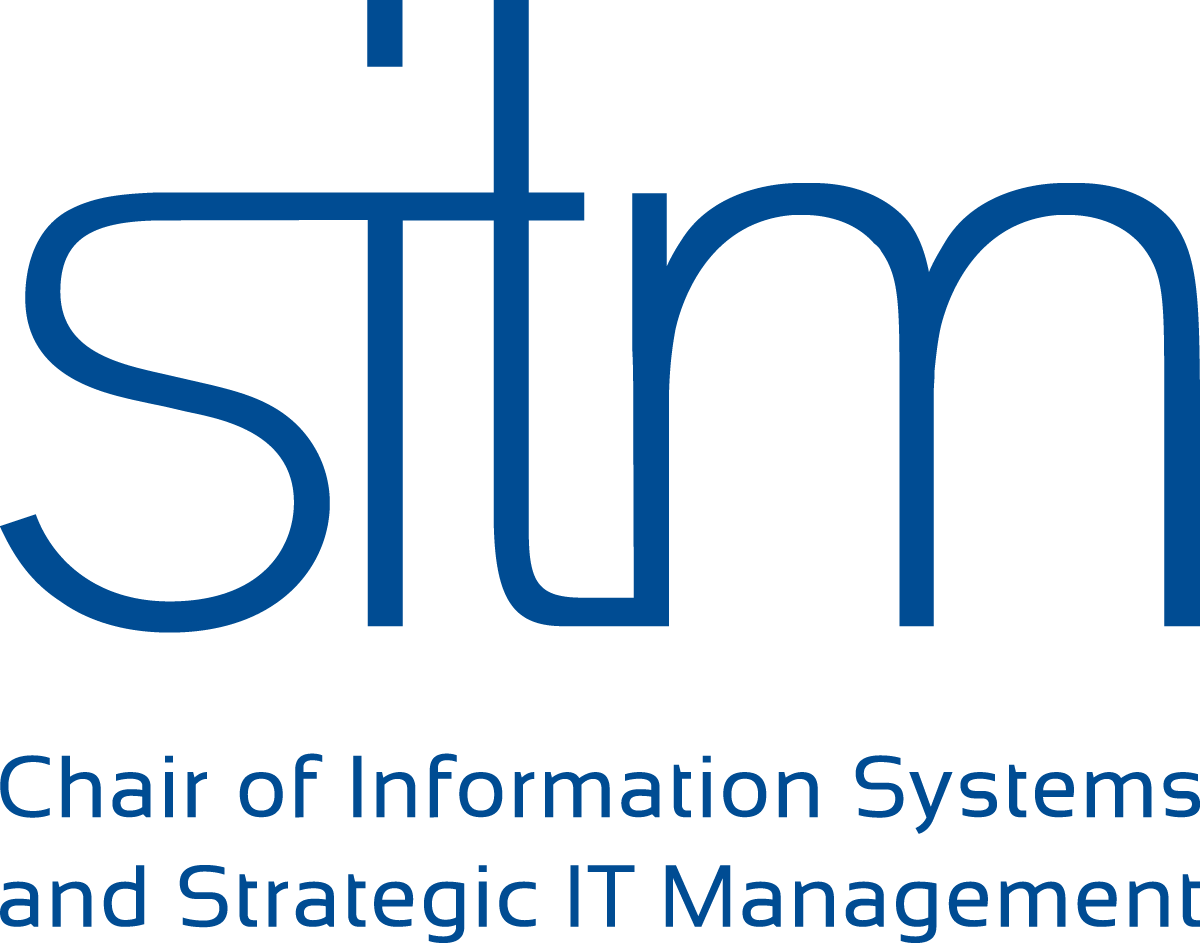Enterprise Architecture Management
Enterprise Architecture Management
Enterprise Architecture Management (EAM) is a discipline comprising processes, methods, models, and tools to holistically manage an organization's IT infrastructure, information systems, business processes, business models, and business strategy.
Although widely accepted as useful and necessary for a high degree of business-IT alignment, many organizations fail to implement an efficient and effective EAM. In practice, different EAM approaches have emerged independently. However, little is known about the drivers of EAM success and failure, and the reasons why a certain EAM approach is useful for one organization, whereas another is not.
The study focuses on three main research questions:
- How do organizations undertake EAM? What are the relevant EAM-related capabilities?
- What (positive and/or negative) impact does EAM have in organizations?
- What are typical patterns in the context of EAM implementation? How do organizations develop their EAM over time?
- How can organizations manage large-scale IT landscapes?
Duration
2009 - ongoing
Team
- Prof. Dr. Frederik Ahlemann (Project coordinator)
- Prof. Dr. Christine Legner
- Dr. Frank Radeke
- Dr. Johannes Lux
- Dr. Jan Löhe
- Kevin Rehring
Publications
- Ahlemann, F.; Stettiner, E.; Messerschmidt, M.; Legner, C. (Eds.): Strategic Enterprise Architecture Management, Springer, 2011
- Lux, J., Riempp, G., Urbach, N.: Understanding the Performance Impact of Enterprise Architecture Management, Proceedings of the 16th Americas Conference on Information Systems, 2010
- Radeke, F.: Toward Understanding Enterprise Architecture Management's Role in Strategic Change: Antecedents, Processes, Outcomes, Proceedings of the 10th International Conference on Wirtschaftsinformatik (WI 2011), 2011
- Radeke, F.: Awaiting Explanation in the Field of Enterprise Architecture Management, Proceedings of Americas Conference on Information Systems (AMCIS 2010), 2010

